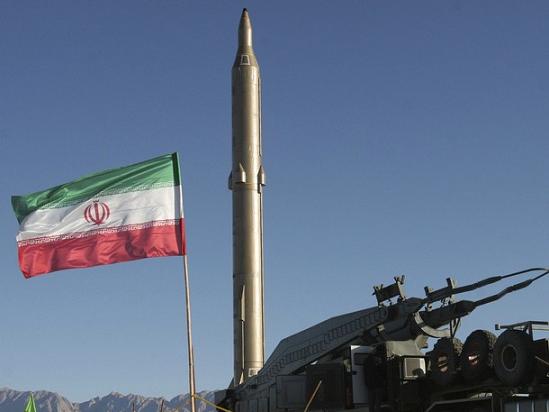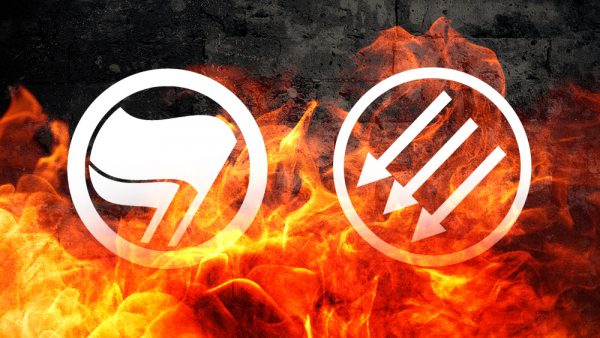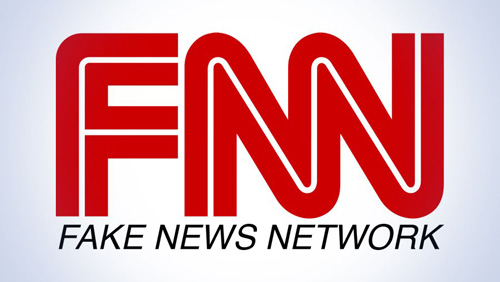 Parler
Parler Gab
Gab
"Because Iran's nuclear progress since we left the JCPOA has been remarkable. Back in 2018, when the previous administration decided to leave the JCPOA it would have taken Iran about 12 months to produce one bomb's worth of fissile material. Now it would take about 12 days," Kahl, the third ranking Defense Department official, told lawmakers.
"And so I think there is still the view that if you could resolve this issue diplomatically and put constraints back on their nuclear program, it is better than the other options. But right now, the JCPOA is on ice," Kahl added.
The Iranian nuclear program is an ongoing effort by the country to develop nuclear weapons capability. The program began in the 1970s, when Iran first acquired nuclear technology from the United States and the Soviet Union. Since then, the program has grown and evolved, with Iran investing heavily in nuclear research, uranium enrichment, and heavy water production. In July 2015, the Iranian government reached an agreement with the US, UK, France, China, and Russia, collectively known as the P5+1, to limit its nuclear activities and allow international monitoring of its nuclear sites in exchange for the lifting of economic sanctions. Under the agreement, Iran was subject to the most comprehensive set of restrictions ever imposed on a nation's nuclear program. Known as the Joint Comprehensive Plan of Action (JCPOA), the agreement ultimately failed. Despite the agreement and Kahl's attempt to blame the Trump administration, the Iranian government continued to expand its nuclear activities even before Trump left the pact, including the enrichment of uranium and the construction of advanced centrifuges. In response, the former president ended the agreement and warned Iran what would happen if the country either built a nuclear weapon or threatened to use it. American officials have previously approximated the duration it would take Iran to acquire the materials required to make one nuclear bomb in weeks, but have not specified a precise timeframe, as Kahl did. Although U.S. officials have stated that Iran is closer to acquiring the fissile material necessary for creating a bomb, they do not think that Iran has the expertise to construct a nuclear weapon. But of course, U.S. intelligence has been wrong before -- usually intentionally. "Since negotiations to restore the 2015 nuclear deal, known as the Joint Comprehensive Plan of Action (JCPOA), stalled in late August, the political space for reaching an agreement to resurrect the accord has narrowed and prospects for reviving the JCPOA have diminished," says a November report from the Arms Control Association. "Tehran’s brutal repression of protesters following the death of Mahsa Amini and Iran’s military support for Russia’s war against Ukraine, including the illegal transfer of drones, has shifted U.S. and European focus away from the nuclear talks and increased pressure on the Biden administration to refrain from any further negotiations with the Raisi government," the report added. "U.S. Special Envoy for Iran Robert Malley made clear in an Oct. 31 event at the Carnegie Endowment for International Peace that the United States still supports restoring the JCPOA, but that talks are not the U.S. focus at this time given Iran’s negotiating position. During the stalemate, the United States continues to enforce nuclear-related sanctions, but these actions are not aimed at stabilizing the current crisis, nor can they," the report said. This is on Obama, no one else. Sources include: ArmsControl.org Reuters.com4 Americans missing, 1 Mexican bystander dies after shootout near Texas border
By Belle Carter // Share
Footage captures large amount of US military equipment at Polish port
By Ramon Tomey // Share
Will average Americans survive the Biden regime?
By Ethan Huff // Share
Governments continue to obscure COVID-19 vaccine data amid rising concerns over excess deaths
By patricklewis // Share
Tech giant Microsoft backs EXTINCTION with its support of carbon capture programs
By ramontomeydw // Share
Germany to resume arms exports to Israel despite repeated ceasefire violations
By isabelle // Share










